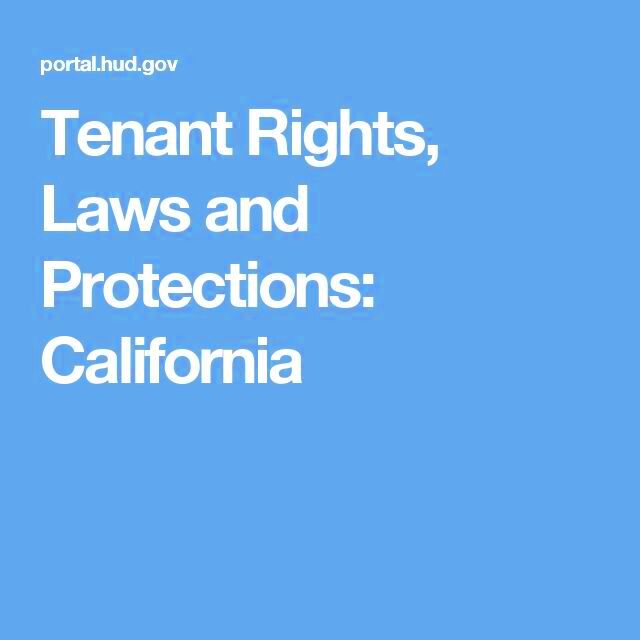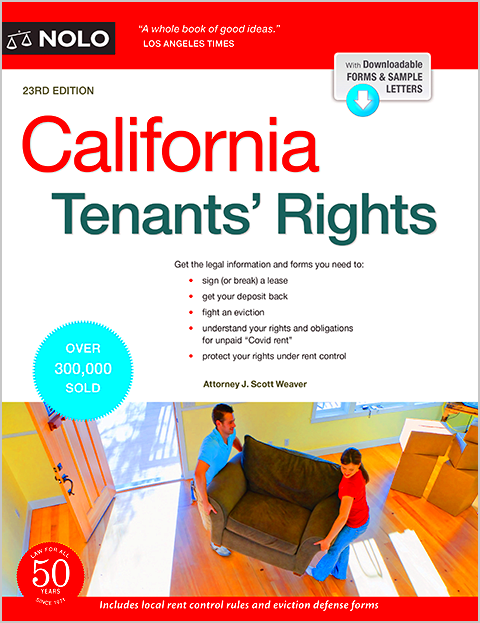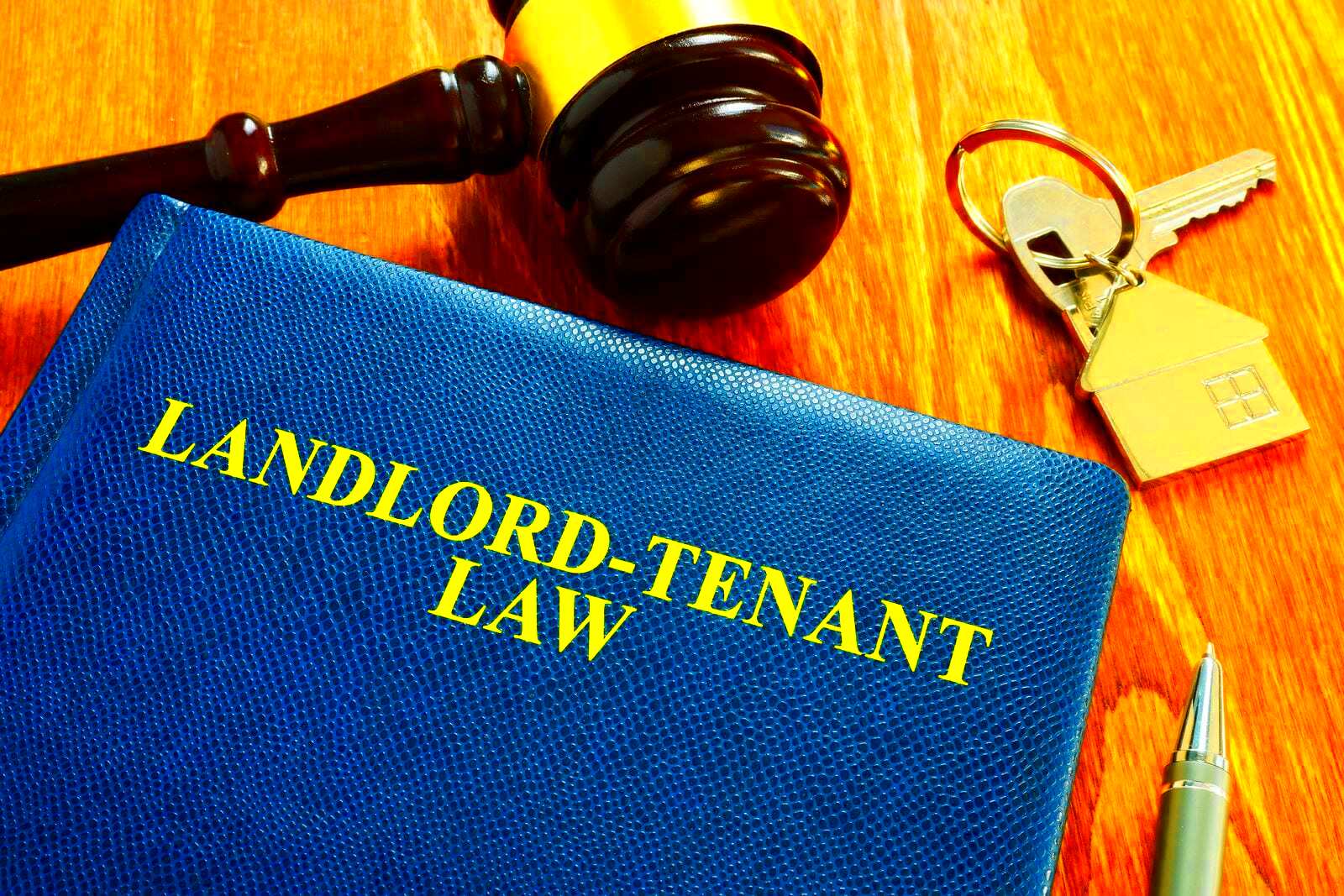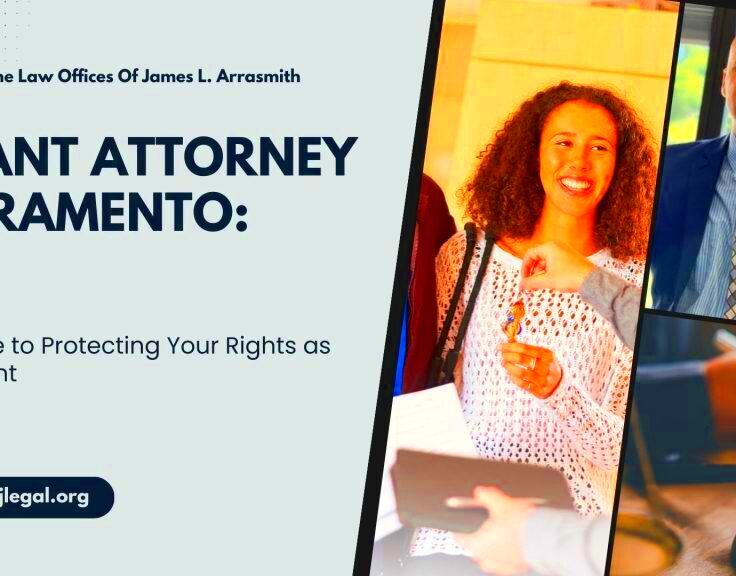Tenant Rights in California Storage Facilities Explained
When renting a storage unit in California, it’s crucial to know your rights as a tenant. Many people use storage facilities to keep their belongings safe, whether during a move, renovation, or simply to declutter their homes. However, not everyone is aware of the legal protections available to them. This article will explore the essential rights tenants have in California storage facilities, helping you feel more secure about your possessions.
Legal Framework Governing Storage Facilities

California law provides a framework for the operation of storage facilities. Here are some key points:
- California Civil Code Section 21700: This code outlines the rights and duties of storage facility operators and tenants.
- Contract Law: The rental agreement serves as a contract that specifies the terms, including payment, access, and obligations of both parties.
- Uniform Commercial Code (UCC): This code may apply in cases where the tenant’s items are considered collateral for a debt.
It’s important to read the rental agreement carefully to understand your rights and responsibilities under the law. If you believe your rights have been violated, you can seek legal assistance to address the situation.
Rights of Tenants Renting Storage Units

As a tenant renting a storage unit in California, you have several rights that protect your interests:
- Right to Access: You have the right to access your belongings during the facility’s operating hours.
- Privacy Rights: Your unit should remain private, and the facility should not access it without your consent, except in emergencies.
- Right to Security: Facilities must provide a secure environment, including surveillance and proper lighting.
- Notification of Changes: If there are any changes to your rental agreement or fees, the facility must inform you in advance.
- Right to Fair Treatment: You should not face discrimination or unfair treatment based on race, gender, or other protected characteristics.
Knowing these rights helps you to navigate the storage rental process confidently and ensures that your belongings are safe and secure.
Accessing Your Belongings and Privacy Rights

Accessing your belongings in a storage unit is a fundamental right for tenants in California. When you rent a storage unit, you expect to access your items whenever you need them. However, it’s important to understand the terms of access as outlined in your rental agreement. Typically, storage facilities have specific hours when you can visit your unit, and you must adhere to these times. Let’s look at some essential points regarding access and privacy:
- Operating Hours: Most facilities have set hours for tenant access. Check your contract for these details.
- Notice for Entry: Storage owners should provide notice before entering your unit, except in emergencies.
- Access Control: Many facilities use security measures like keypads or access codes. Ensure you understand how these work.
- Privacy: Your belongings are your private property. Facility staff should not access your unit without your permission unless legally required.
Respecting your privacy rights is vital. If you ever feel that your access rights or privacy are being compromised, it’s essential to address these issues directly with the facility management.
Responsibilities of Storage Facility Owners
Storage facility owners have specific responsibilities to ensure a safe and secure environment for their tenants. Understanding these responsibilities can help you hold them accountable. Here are some of the key obligations they have:
- Security Measures: Owners must provide adequate security, including fencing, surveillance cameras, and proper lighting to protect your belongings.
- Maintenance: The facility should be well-maintained, with clean units and access areas free of hazards.
- Clear Communication: Facility owners must clearly communicate rental terms, changes in fees, and any rules that apply to tenants.
- Insurance Information: While owners are not required to insure your items, they should inform you about your options for insurance coverage.
- Emergency Protocols: Owners should have procedures in place for emergencies, ensuring tenants know how to respond.
By understanding these responsibilities, you can ensure that the facility is held accountable for maintaining a safe and respectful environment.
What to Do if Your Rights are Violated
If you believe your rights as a tenant have been violated, it’s important to take action promptly. Here’s a step-by-step guide to help you address the situation effectively:
- Review Your Agreement: Start by reviewing your rental agreement. Understanding the terms can help you determine if there’s a violation.
- Document Everything: Keep a detailed record of any incidents, including dates, times, and descriptions of what happened.
- Communicate with Management: Contact the facility’s management to express your concerns. Be clear and calm when discussing the issue.
- Seek Mediation: If the issue is not resolved, consider mediation services that specialize in tenant disputes.
- Legal Action: As a last resort, you may want to consult with an attorney. They can provide guidance on whether legal action is appropriate.
Remember, knowing your rights is the first step to protecting them. By being proactive, you can ensure your experience with storage facilities remains positive.
Common Disputes Between Tenants and Storage Facilities
Disputes can sometimes arise between tenants and storage facilities, which can lead to stress and confusion. Understanding these common issues can help you navigate the situation if it arises. Here are some frequent disputes that tenants may encounter:
- Access Issues: Sometimes, tenants may find it difficult to access their belongings during operating hours due to facility restrictions or maintenance. Always check with management if you encounter problems accessing your unit.
- Fee Discrepancies: Unexpected fee increases or additional charges can lead to disputes. It’s important to understand the fee structure in your rental agreement to avoid surprises.
- Property Damage: If items are damaged due to facility negligence, tenants may seek compensation. Document any damage and report it to management immediately.
- Security Breaches: If a theft occurs and the facility failed to provide adequate security measures, tenants may have grounds for a dispute. Security is a key responsibility of storage facility owners.
- Eviction or Lockout: If a facility attempts to evict you without proper notice or locks you out of your unit without justification, this can be a serious issue. Always seek clarification on your rights if faced with such actions.
By being aware of these common disputes, you can better prepare yourself to handle any issues that may arise during your rental experience.
Frequently Asked Questions About Tenant Rights
Many tenants have questions regarding their rights when using storage facilities. Here are some frequently asked questions to help clarify common concerns:
- What rights do I have as a tenant? You have rights to access your belongings, privacy, and security while renting a unit.
- Can a storage facility enter my unit? Generally, a facility cannot enter your unit without notice unless it’s an emergency.
- What should I do if I can’t access my unit? Contact facility management immediately and document the situation.
- Are storage facilities required to provide insurance? Facilities are not required to insure your items, but they must inform you about available insurance options.
- How can I address a dispute with the facility? Start by reviewing your rental agreement, then communicate with management, and consider mediation or legal action if necessary.
Having these questions answered can help you feel more empowered and informed about your rights as a tenant in a storage facility.
Conclusion on Tenant Rights in Storage Facilities
Understanding your rights as a tenant in California storage facilities is essential for protecting your belongings and ensuring a positive rental experience. From knowing your access rights to understanding the responsibilities of facility owners, being informed can make a significant difference. If you encounter disputes, don’t hesitate to take action and seek help if necessary.
Remember, a well-informed tenant is a powerful tenant. Always read your rental agreement, communicate openly with management, and be aware of your legal rights. By doing so, you can enjoy the convenience of a storage facility while keeping your belongings safe and secure.


